67% of us experience parasomnias — expert shares 5 most common types and why they happen
From night terrors to sleep paralysis, experts explain how to tackle parasomnias
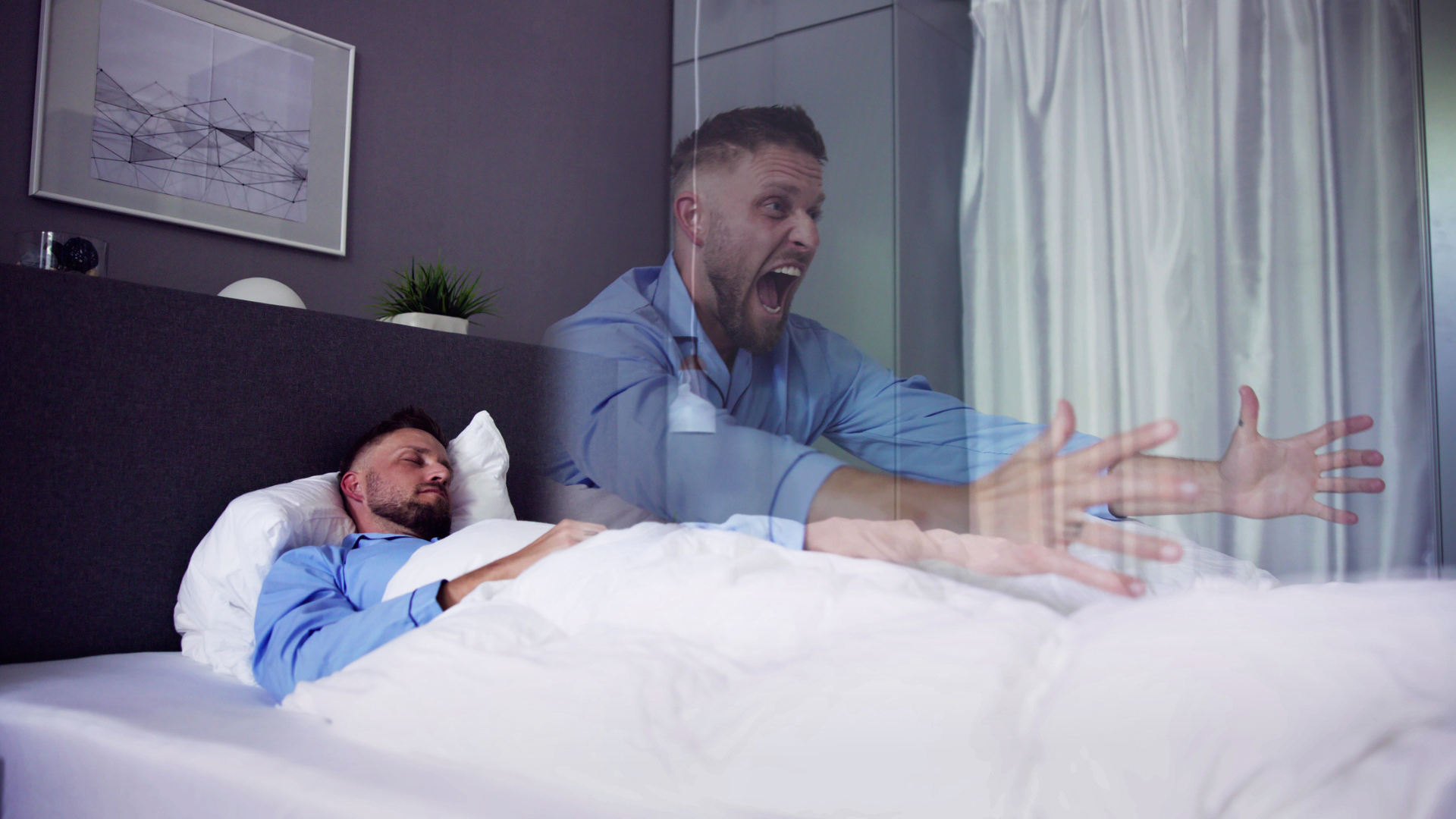
Experiencing a parasomnia, like sleep walking, can feel disturbing. Sleepwalking isn’t the only parasomnia, though — other sleep conditions such as sleep paralysis, bed wetting and even sleep talking can be classed as a parasomnia.
So what causes them? From stress and trauma, to lifestyle habits and medications (or even genetics) — there are many factors that can be responsible for parasomnias.
Considering 67% of us experience parasomnias, we want to find out more. So, we're exploring what the most common parasomnias are, talking to sleep experts about why they affect some people more than others and strategies to manage or stop them to help you sleep better.
What are parasomnias?
Parasomnias are behaviours that occur during sleep, such as “sleepwalking, sleep talking, or night terrors,” explains Dr Hamilton Gaiani, a double board-certified psychiatrist.
He adds that these parasomnias are usually associated with “stress, nervousness, or previous traumatic experiences.”
“For instance, sleepwalking occurs when the brain is not fully awake but the body is walking around, something that may occur when you’re stressed or overwhelmed,” he explains.
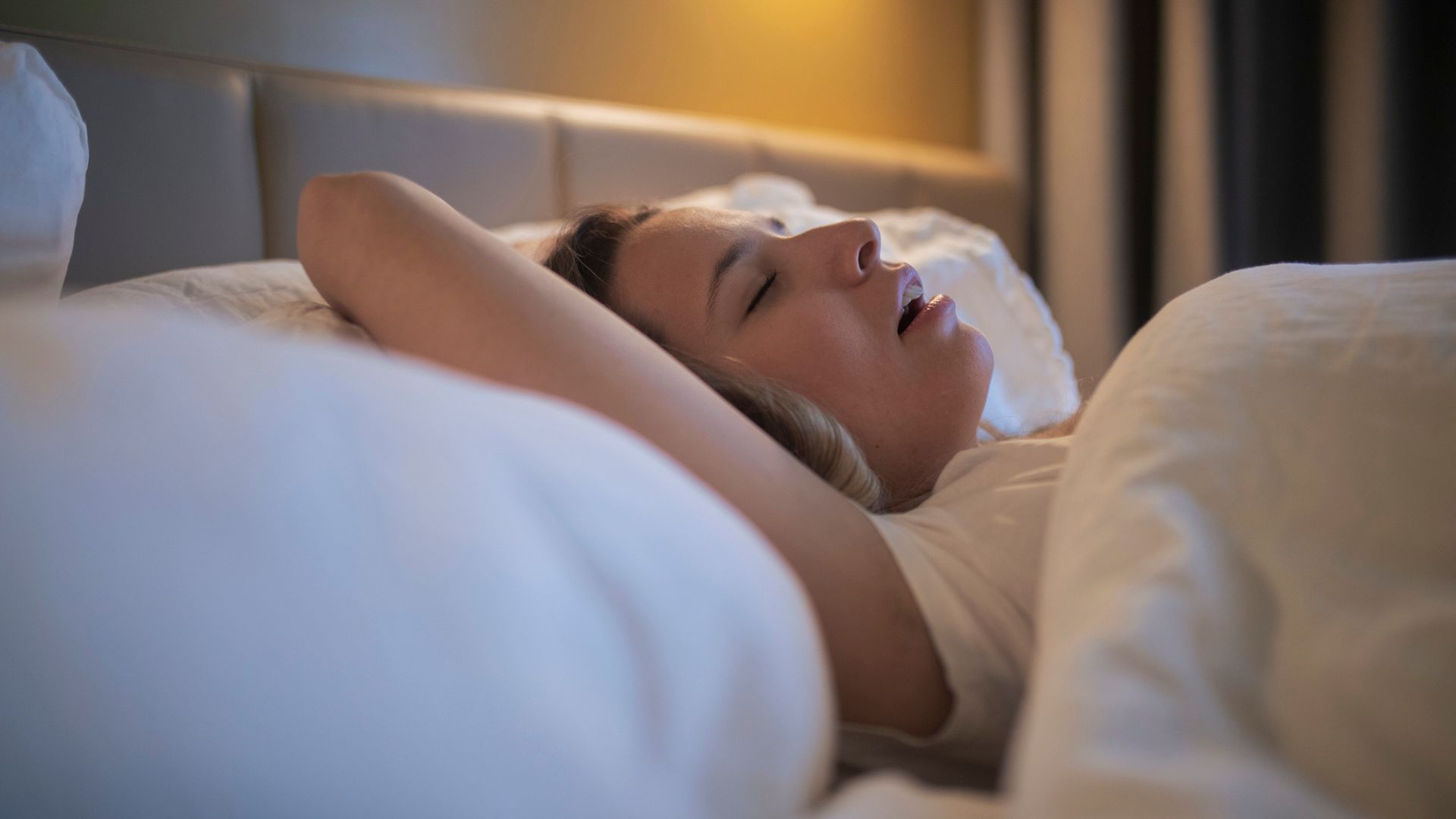
So, what’s happening to the body when you’re experiencing a parasomnia? Sleep expert Dr Lindsay Browning adds that they can be categorised as non-rapid eye movement (NREM) parasomnias or rapid eye movement (REM) parasomnias depending on which part of sleep they occur.
Get instant access to breaking news, the hottest reviews, great deals and helpful tips.
She explains that there is another category called ‘other parasomnias’: “This covers parasomnias that do not fit neatly into either the REM or NREM classifications."
"NREM parasomnias typically occur in the first third of the night, whereas REM parasomnias tend to occur in the latter half of the night,” she adds.
The 5 most common types of parasomnias explained
There are many types of parasomnias, but these 5 are the most common.
1. Sleep walking
Browning explains that someone who is sleepwalking is “not fully conscious, but they may open their eyes, get up out of bed, walk downstairs, open the fridge, and even eat something, before going back to bed again.”
Sleep walking might seem like a bit of a novelty, but this parasomnia can pose many dangers — especially if the walker leaves their house.
2. Sleep talking
If you’ve ever been woken up by someone talking next to you, and they are fast asleep, they could be sleep talking.
“Sleep talking (or somniloquy) is a parasomnia where someone may start talking, mumbling, or shouting during their sleep without being aware that they’re doing so,” the sleep expert explains.
“It can occur in any sleep stage but is most common in NREM sleep,” she adds.
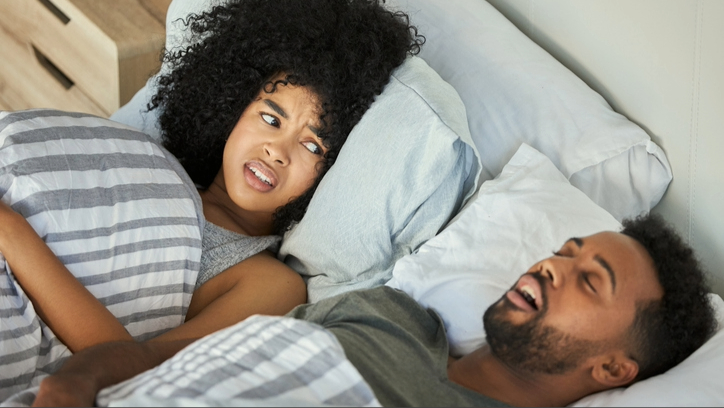
3. Sleep paralysis
A scary feeling to wake up to, Dr.Gaiani explains that sleep paralysis is “a state where you become paralyzed and cannot move or talk while falling asleep or waking up.”
He explains that it’s often linked to stress, anxiety or insufficient sleep.
This sleep condition could be more common than you think, with one study showing that 4 in 10 of us have experienced it.
4. Night terrors and nightmare disorder
Night terrors are short episodes of fear or terror that seem to occur during deep sleep, says Dr. Gaiani.
“They may result in activity such as screaming, thrashing, or pounding heart.”
“The individual typically does not recall the episode in the morning. Night terrors are a parasomnia since they interrupt normal sleep and are usually precipitated by trauma or stress,” he explains.
The reason individuals don’t remember these episodes is because they usually take place during NREM sleep.
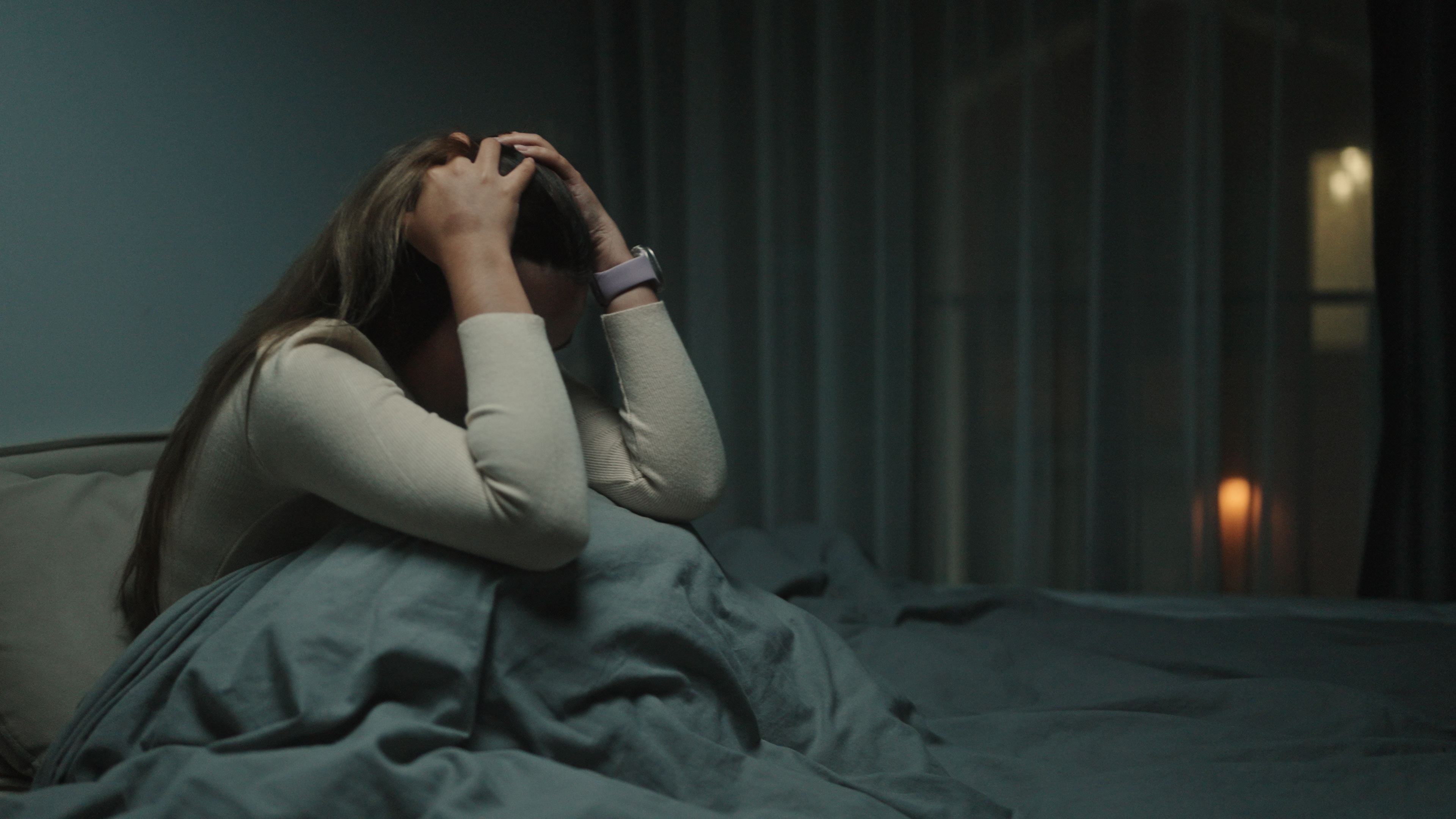
5. Bedwetting
Wetting the bed while you sleep can be a traumatic experience, explains sleep expert Dr. Leah Kaylor.
She explains that it’s classed as a parasomnia because it “happens during sleep without conscious control over the bladder.”
This is a parasomnia which is more common in children, but adults can also experience the condition due to extreme stress, trauma, health conditions or poor sleep habits.
What causes parasomnias?
“Parasomnias can be caused by a mix of physical, emotional, and environmental factors,” says Kaylor.
She adds that one common cause is sleep deprivation. “This is when the body doesn’t get enough rest; it increases the chances of unusual brain activity during sleep.”
Stress and anxiety are also major triggers
Stress and anxiety are also major triggers, “because they can make the brain more active during sleep, leading to disruptions like night terrors or sleepwalking,” she explains.
But your sleep habits and lifestyle can also play a part. “Irregular sleep schedules, such as going to bed at different times each night or doing shift work, can confuse the body’s internal clock and increase the risk of parasomnias,” Dr Kaylor says.
Genetics can also play a role as well as certain medications or substances, such as sleeping pills, stimulants or alcohol.
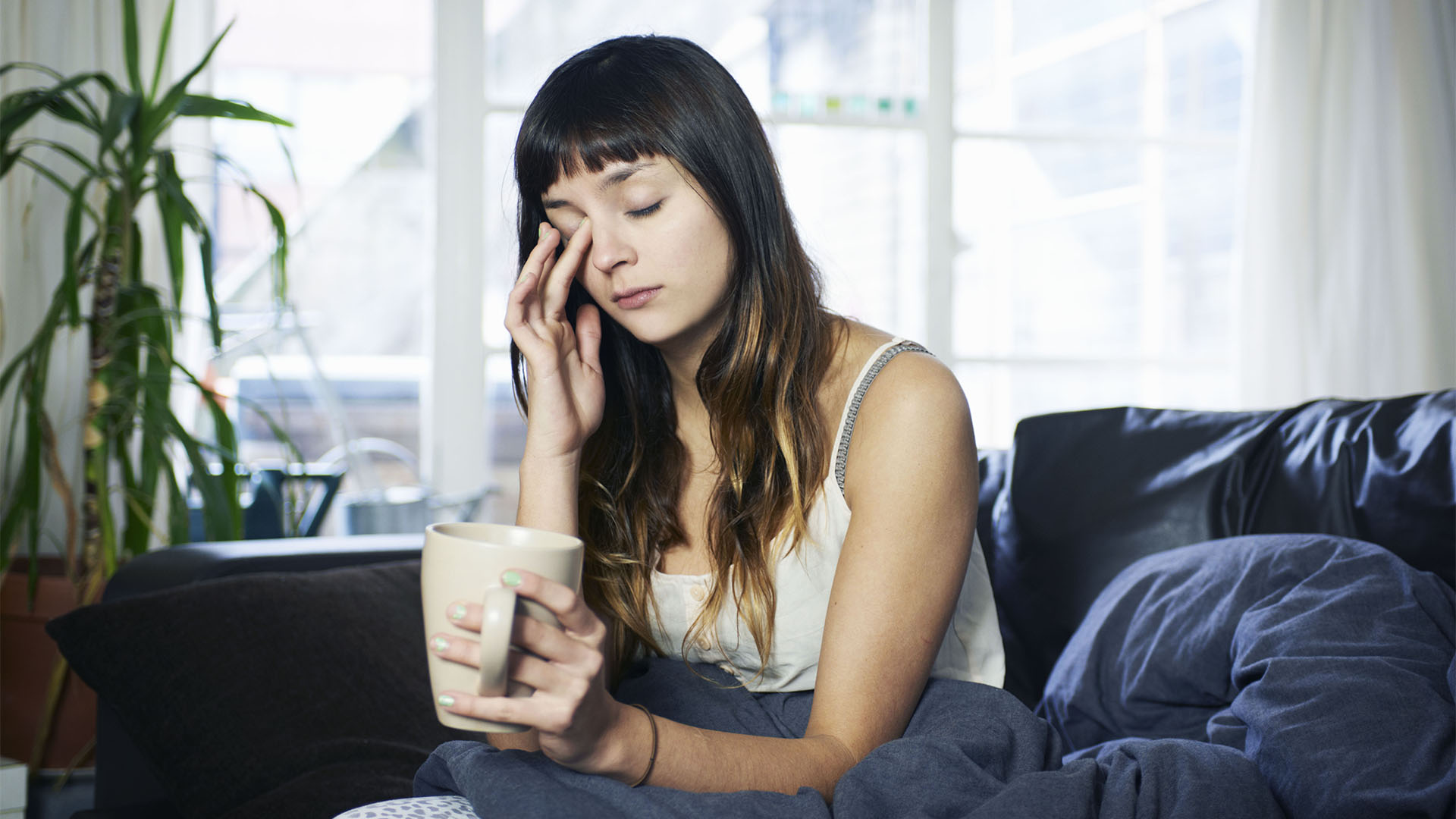
How to stop parasomnias
There are different ways to help manage parasomnias and even help to stop them, we’ve looked at a few solutions below but if you experience them frequently or their impacting your quality of life, you should speak with a specialist to find the right solution for you.
Keeping a consistent sleep schedule
Your body works off a sleep/wake cycle called the circadian rhythm. This is like a pre-programmed internal clock telling your body when to wake up and when to go to sleep.
So keeping a consistent sleep schedule will allow your body to easily fall asleep and stay asleep, cycling through the individual sleep stages properly, which will help ward off parasomnia symptoms.
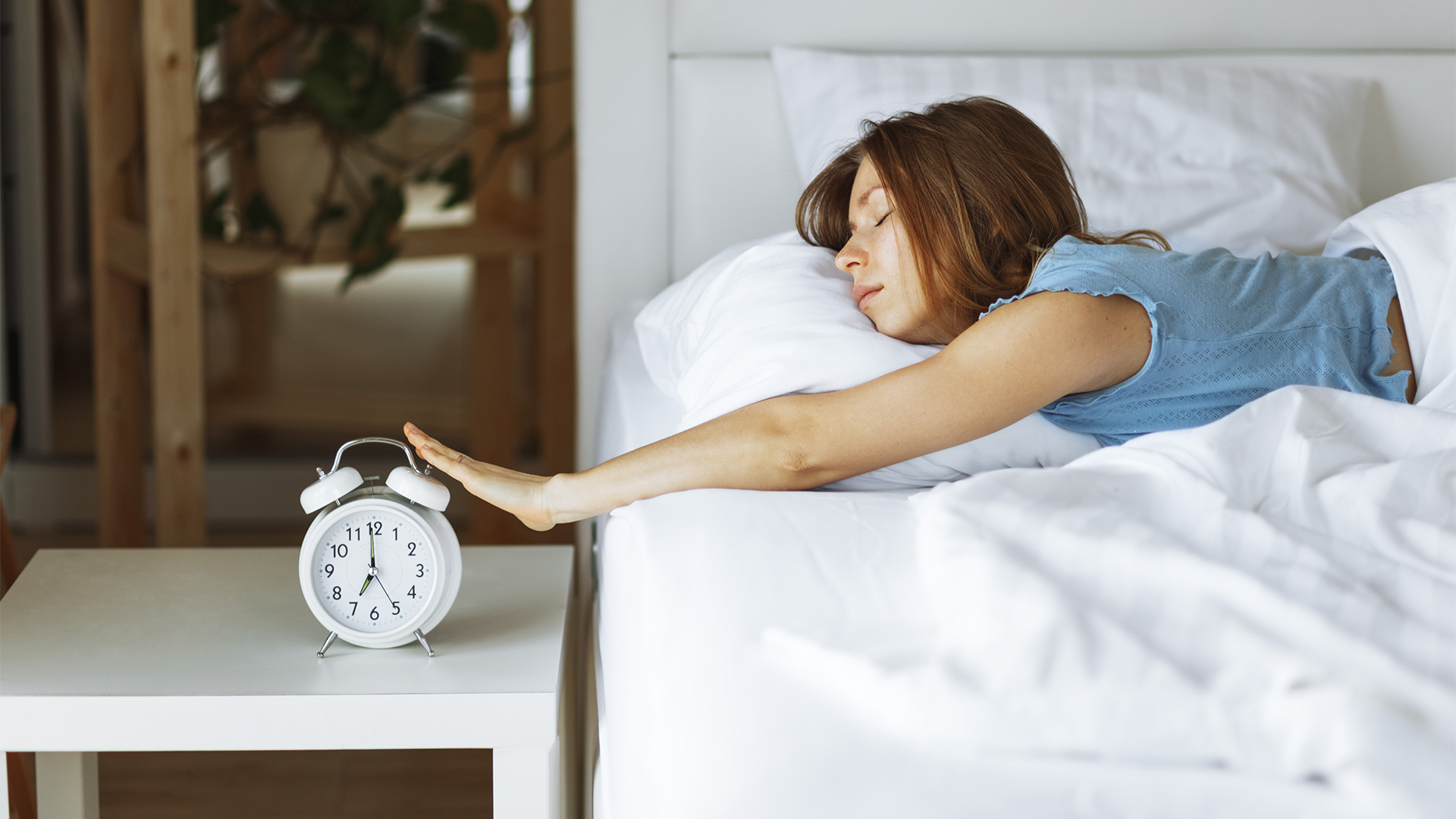
Limit alcohol and other substances
Although alcohol and other substances could relax you and help you initially get to sleep they could affect the quality of your sleep, says Browning.
“As alcohol affects sleep architecture, it can cause more fragmented and disturbed REM sleep in the latter part of the night, increasing the likelihood of parasomnias.”
Try CBT
Cognitive behavior therapy (CBT) helps to change how we think and ultimately our actions. So, how can it stop parasomnias?
“CBT can help those dealing with the stress, anxiety, or trauma that causes sleep disorders or parasomnias - this is because it helps to alter the negative thought processes,” explains Dr.Gaiani.
Improve sleep hygiene
If you’re being disrupted when you sleep it could be a good time to look at your sleep hygiene. So, what does this mean?
Sleep hygiene refers to your environment and the habits you have that can impact your sleep.
If you’re waking up due to street lights or sunshine blaring into your bedroom it could be time to invest in black out blinds.
If noise is the problem, then earplugs could be your best bet. Make sure where you sleep is also clutter free, well ventilated and has comfortable bedding — all key things to help you get a better night's sleep.
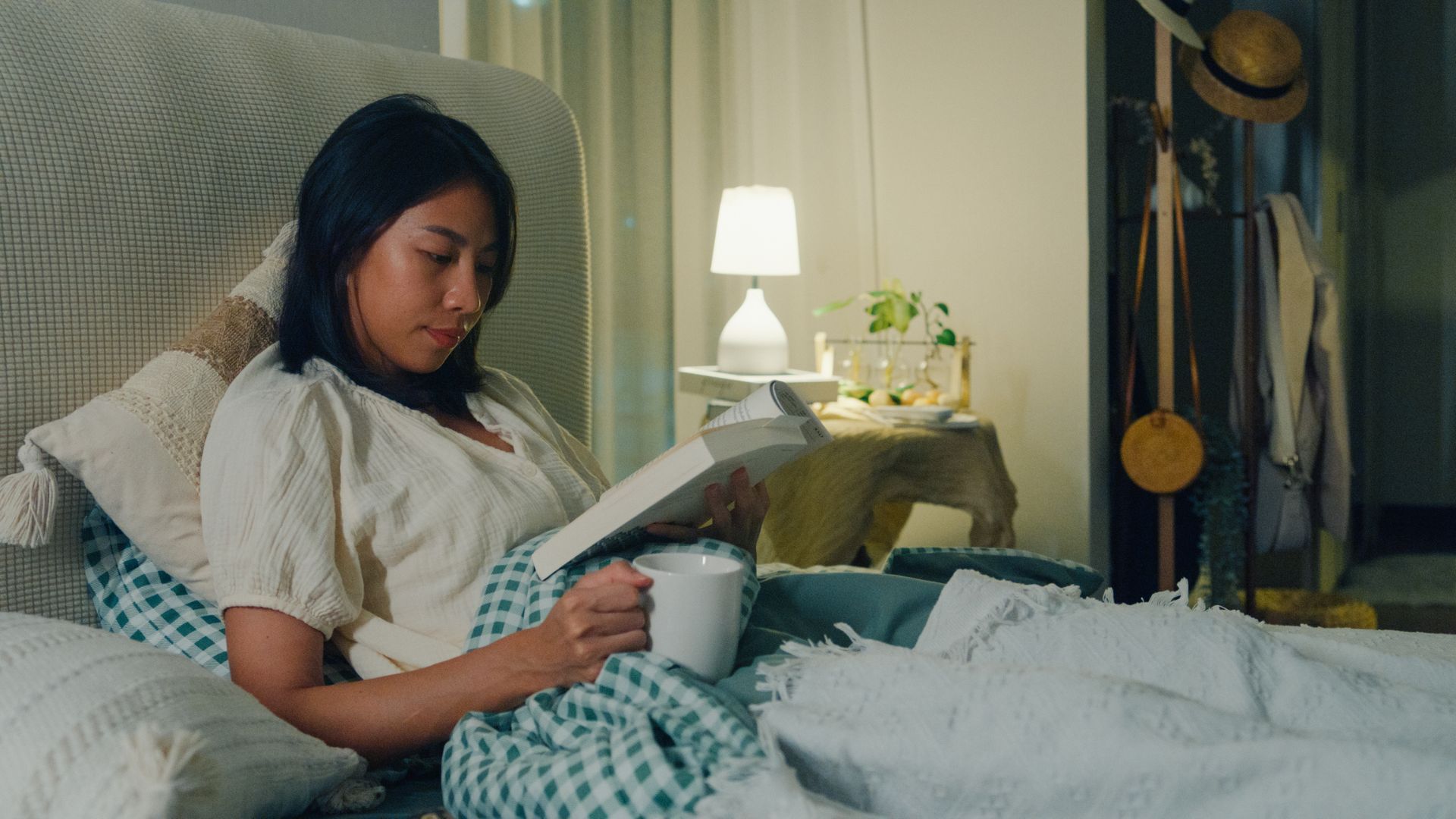
Medication
If none of the lifestyle solutions above help to cure your parasomnia then it may be worth looking at medications to help you.
But always consult a physician or doctor before starting any medication (especially if it hasn’t been prescribed for you) to make sure it’s the right option.

Sarah is a freelance writer who has been published across titles including Woman & Home, The Independent, and the BBC. Sarah covers a variety of subjects, including health and wellness. For Tom's Guide Sarah often writes about sleep health and hygiene, and interviews leading sleep experts about common issues such as insomnia and sleep deprivation.
You must confirm your public display name before commenting
Please logout and then login again, you will then be prompted to enter your display name.
 Club Benefits
Club Benefits





